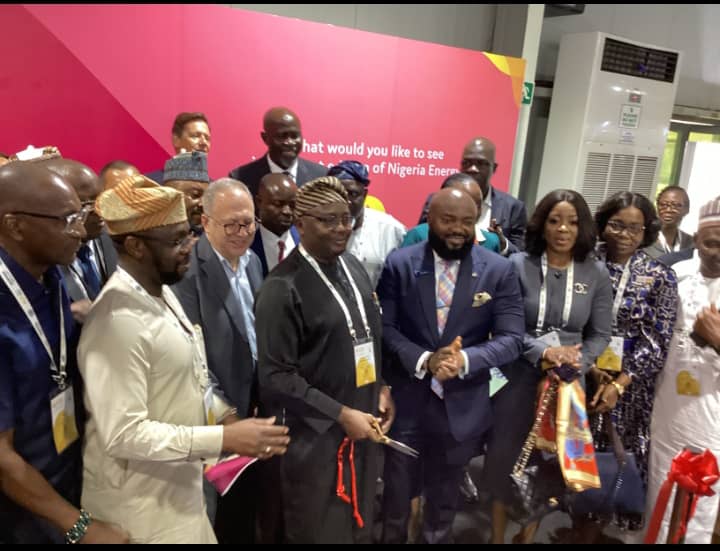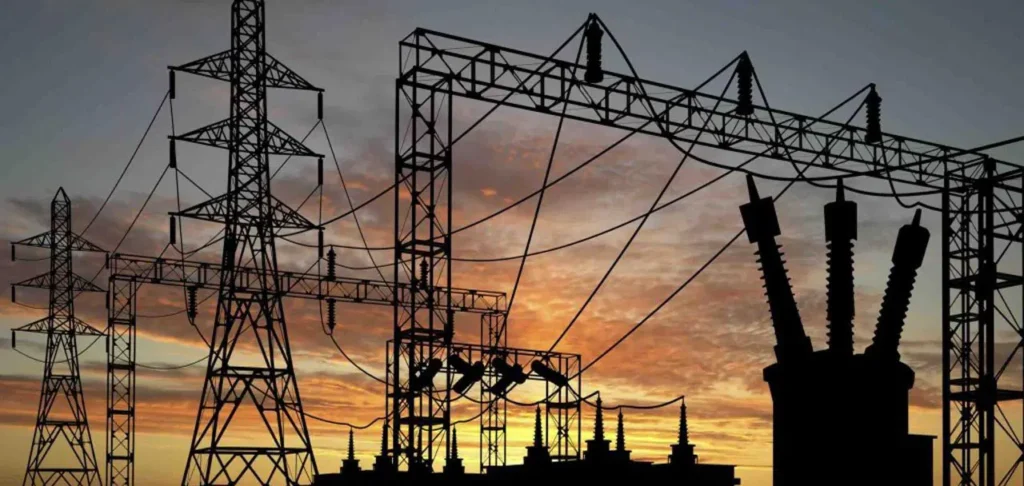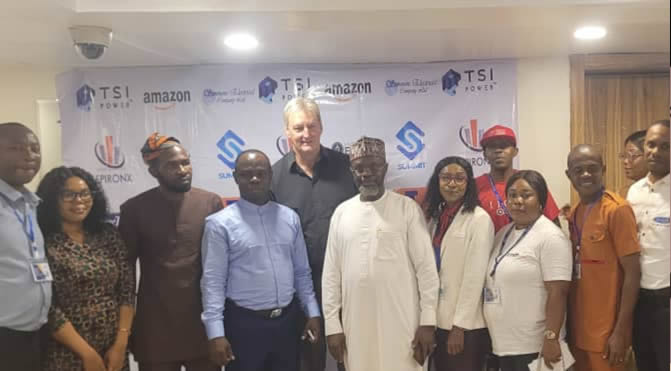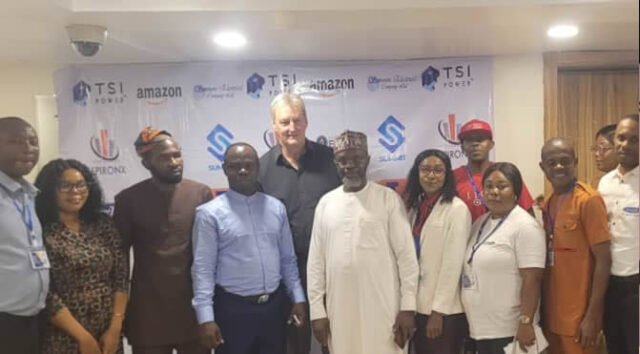Nigeria’s industrial and energy stakeholders gathered this week at a landmark event aimed at confronting one of the country’s most persistent economic bottlenecks—poor power quality. The electric power conference, themed “Maximising Industrial Electronic Investment Through High-Performance Protection Systems,” was more than just a talk shop. It was a hands-on display of real solutions, bringing hope to industries that have long been crippled by erratic electricity supply.
Hosted in Abuja, the event drew participants from across the power sector—Distribution Companies (DisCos), manufacturing firms, engineers, and energy regulators—united by one pressing goal: ensuring that the electricity reaching factories and offices is not just available, but clean, stable, and reliable.
Table of Contents

From Technical Jargon to Tangible Action
For many Nigerians, discussions about voltage fluctuations, harmonic distortions, or frequency instability can feel abstract. But this conference transformed these technical challenges into practical learning. Companies like TSiPower and Energy Control Systems showcased live demonstrations of cutting-edge technologies designed to protect sensitive industrial equipment from the damaging effects of poor power quality.
Attendees didn’t just listen—they interacted with actual power-conditioning units, learning how they prevent voltage sags from shutting down production lines, or how surge protection devices keep expensive electronics from burning out.
Tim Chima, Managing Director of Asprinox Power, summarised the vision:
“We are not just protecting machines. We are preserving investments and enabling companies to operate without fear of sudden power-related losses.”
This emphasis on safeguarding assets resonated with business owners in the room, many of whom have lost millions of naira to damaged machinery caused by unstable electricity.

Why Power Quality Matters More Than Ever
Nigeria’s power crisis is well-documented. Beyond the notorious blackouts, there’s a quieter but equally damaging issue—poor power quality. Even when electricity flows, it often comes with fluctuations that cause machinery to malfunction, disrupt production schedules, and shorten equipment lifespan.
A recent engineering study highlighted that urban distribution networks suffer persistent voltage sags, frequency swings, and harmonic distortions, all of which compromise industrial productivity. For manufacturers operating in competitive markets, such instability can mean missed deadlines, lost contracts, and higher operational costs.
The conference tackled these issues head-on, positioning power-quality management as a key driver for economic resilience. As one participant put it, “We can’t talk about industrial growth if we’re still battling with electricity that damages the very tools we need to grow.”
Blending Global Best Practices with Local Realities
While Nigeria’s challenges are unique, the solutions are not entirely new. Several speakers presented global case studies from countries that have successfully improved industrial power quality through targeted investments, regulatory reforms, and public-private partnerships.
However, there was consensus that wholesale importation of foreign models won’t work. Instead, Nigeria needs an adaptive approach—deploying proven technologies in phases, starting with critical industrial clusters like auto manufacturing hubs, agro-processing zones, and tech parks.
Such a targeted rollout ensures that the most power-dependent sectors get immediate relief, while gradually building the technical capacity to expand solutions nationwide.
The Business Case for Investing in Power Protection
One of the strongest messages from the conference was that high-performance power protection systems should not be seen as an expense, but as a revenue enabler.
Stable power means machines can run longer without overheating, production lines can maintain precision, and electronic controls can operate without frequent recalibration. The result is less downtime, lower maintenance costs, and greater output.
In Chima’s words:
“Every naira spent on protecting your equipment is an investment that pays for itself in efficiency, reliability, and expanded capacity.”
Action Points from the Conference
Participants left with a clear roadmap for improving power quality across Nigeria’s industrial sector:
- Pilot Projects in Key Industrial Zones – Deploy power-conditioning solutions in targeted manufacturing hubs.
- Capacity Building – Establish “train-the-trainer” programmes so local engineers can maintain and repair power-quality equipment.
- Regulatory Standards – Create enforceable benchmarks for electricity supply quality, incentivising DisCos to meet them.
- Financing Models – Offer concessional loans or tax breaks to companies that invest in power-protection systems.

A Turning Point for Industrial Resilience
For decades, the conversation around Nigeria’s electricity challenges has revolved around generation capacity and grid expansion. This conference shifted the lens, highlighting that quality is as important as quantity.
In the words of one energy consultant at the event:
“It’s not enough to have power. It must be power that empowers—stable, consistent, and safe for the industries that drive our economy.”
The gathering was not merely symbolic. By blending technical expertise, global insights, and local realities, it set the stage for an industrial sector that can operate with confidence in its power supply.
If Nigeria sustains this momentum—pairing technology adoption with regulatory enforcement—the days of costly machine breakdowns and halted production lines could soon be behind us.
And in a country where manufacturing is central to economic diversification, that could mean not just more reliable factories, but a stronger, more competitive economy overall.
Join Our Social Media Channels:
WhatsApp: NaijaEyes
Facebook: NaijaEyes
Twitter: NaijaEyes
Instagram: NaijaEyes
TikTok: NaijaEyes






































